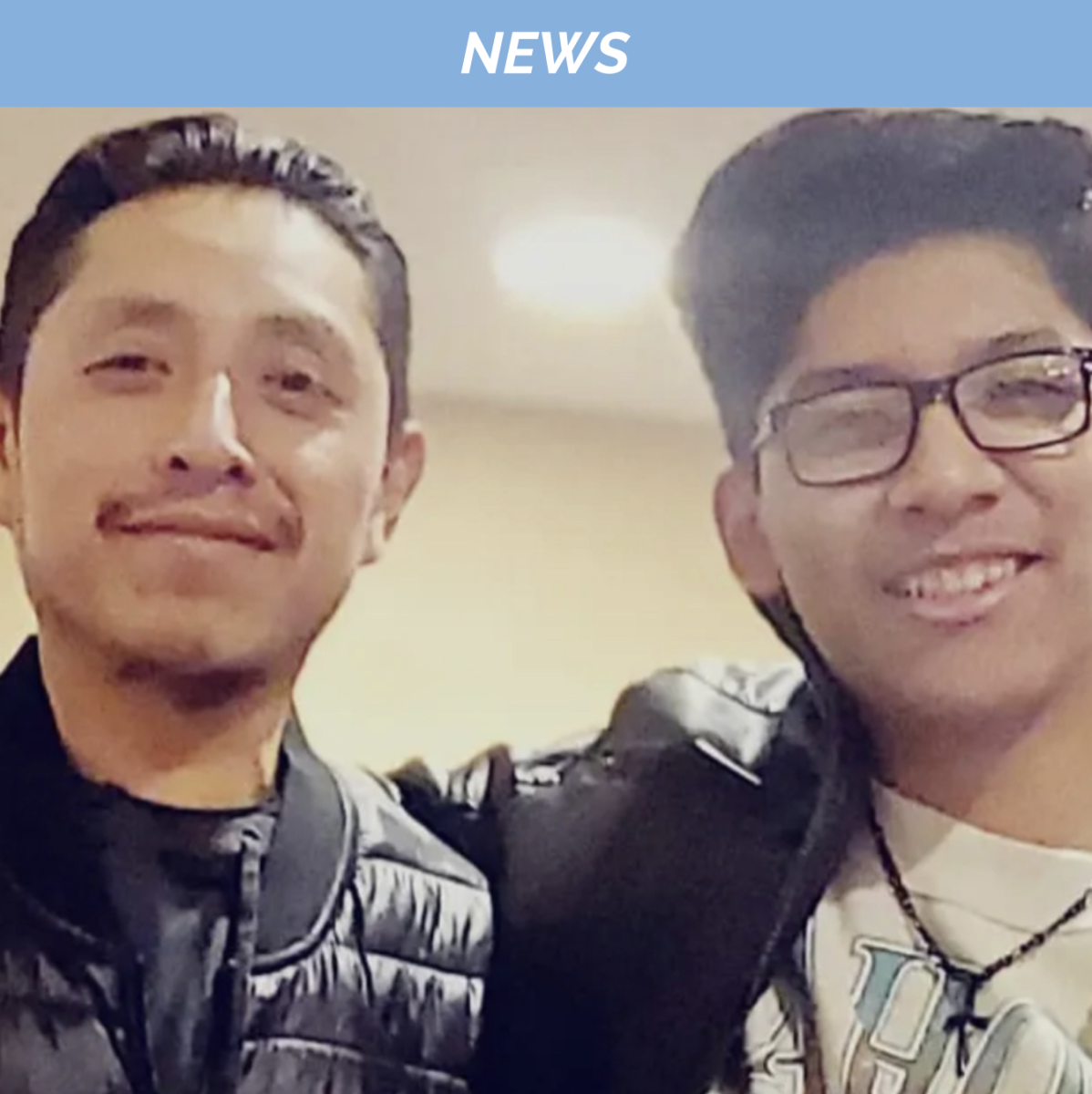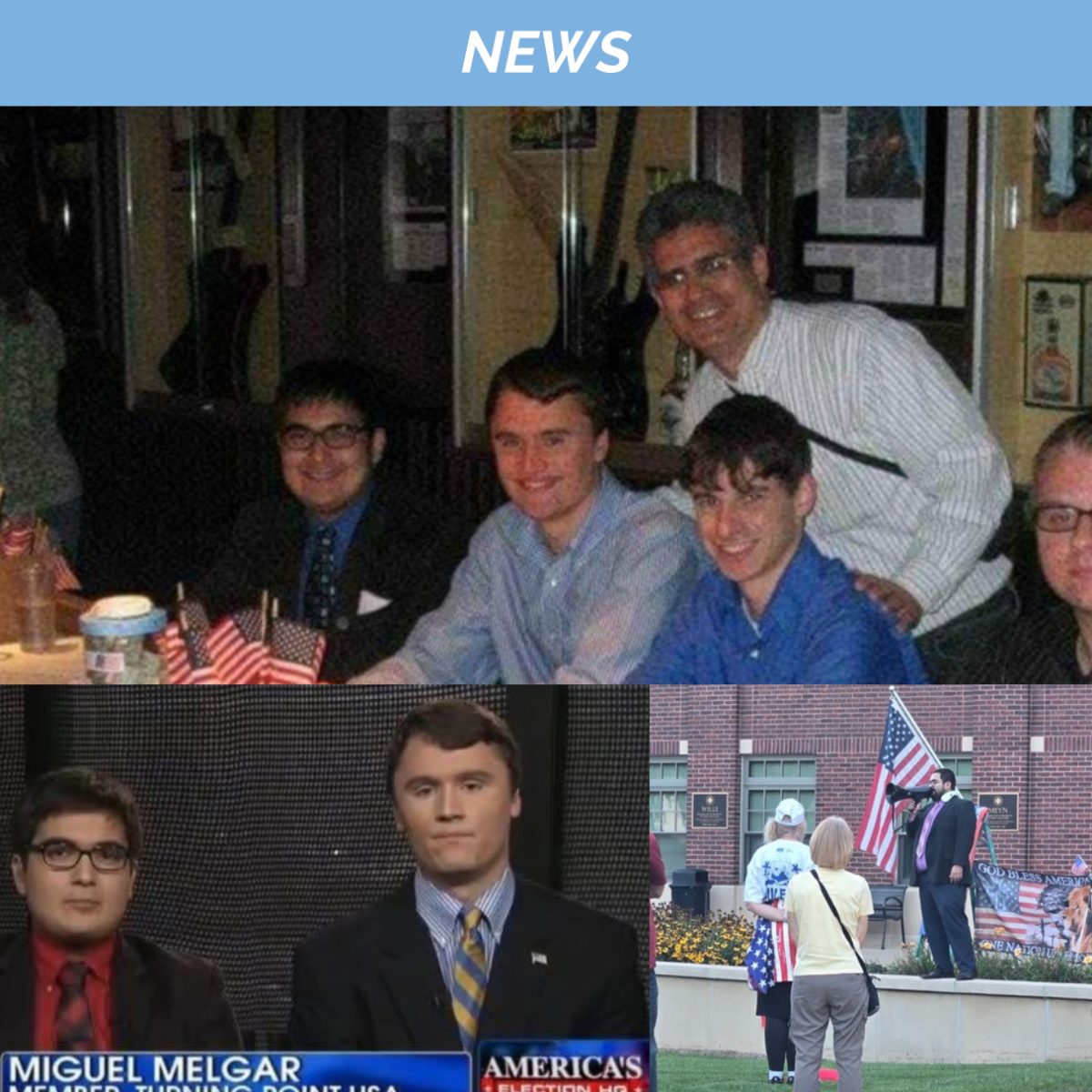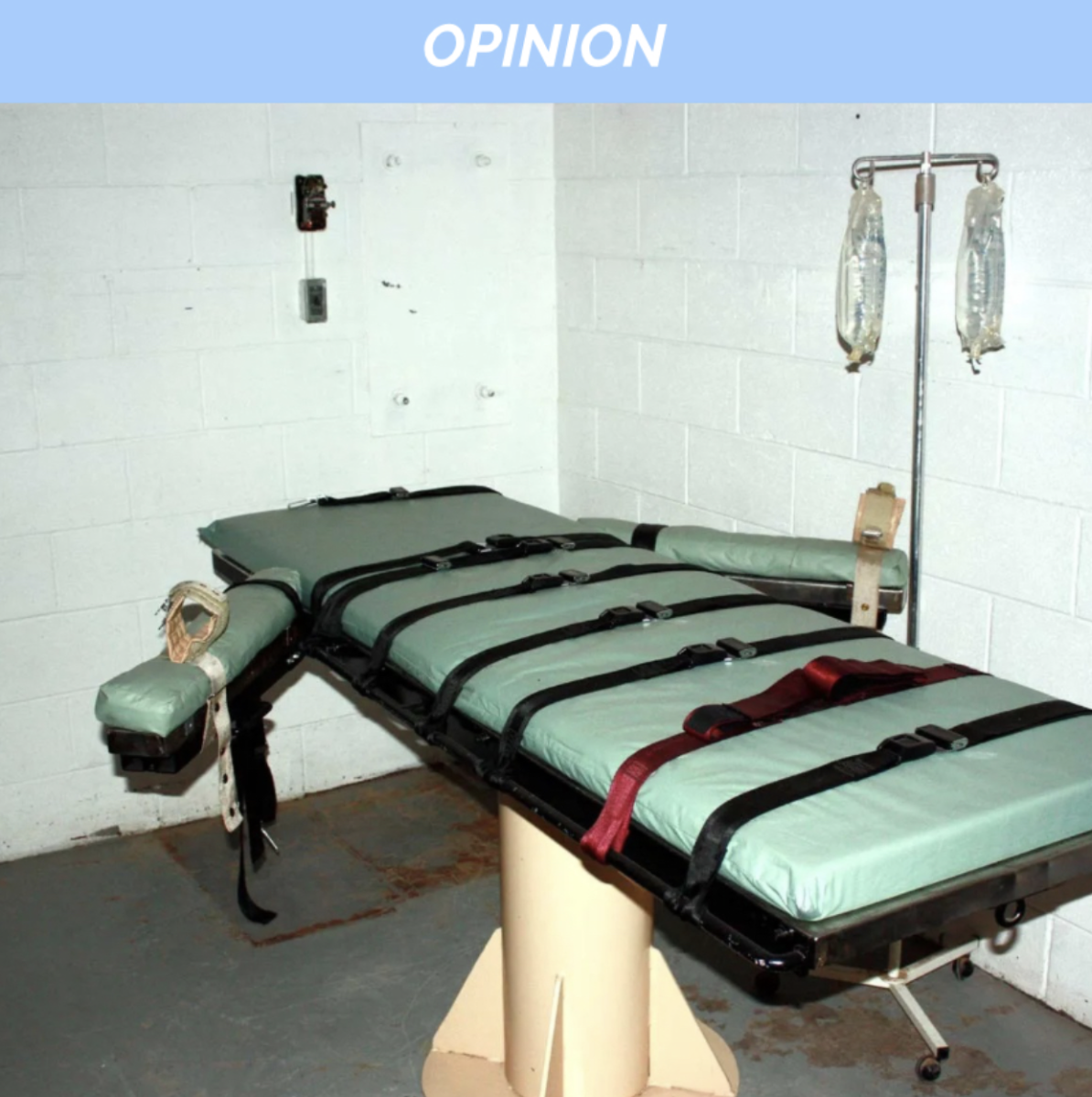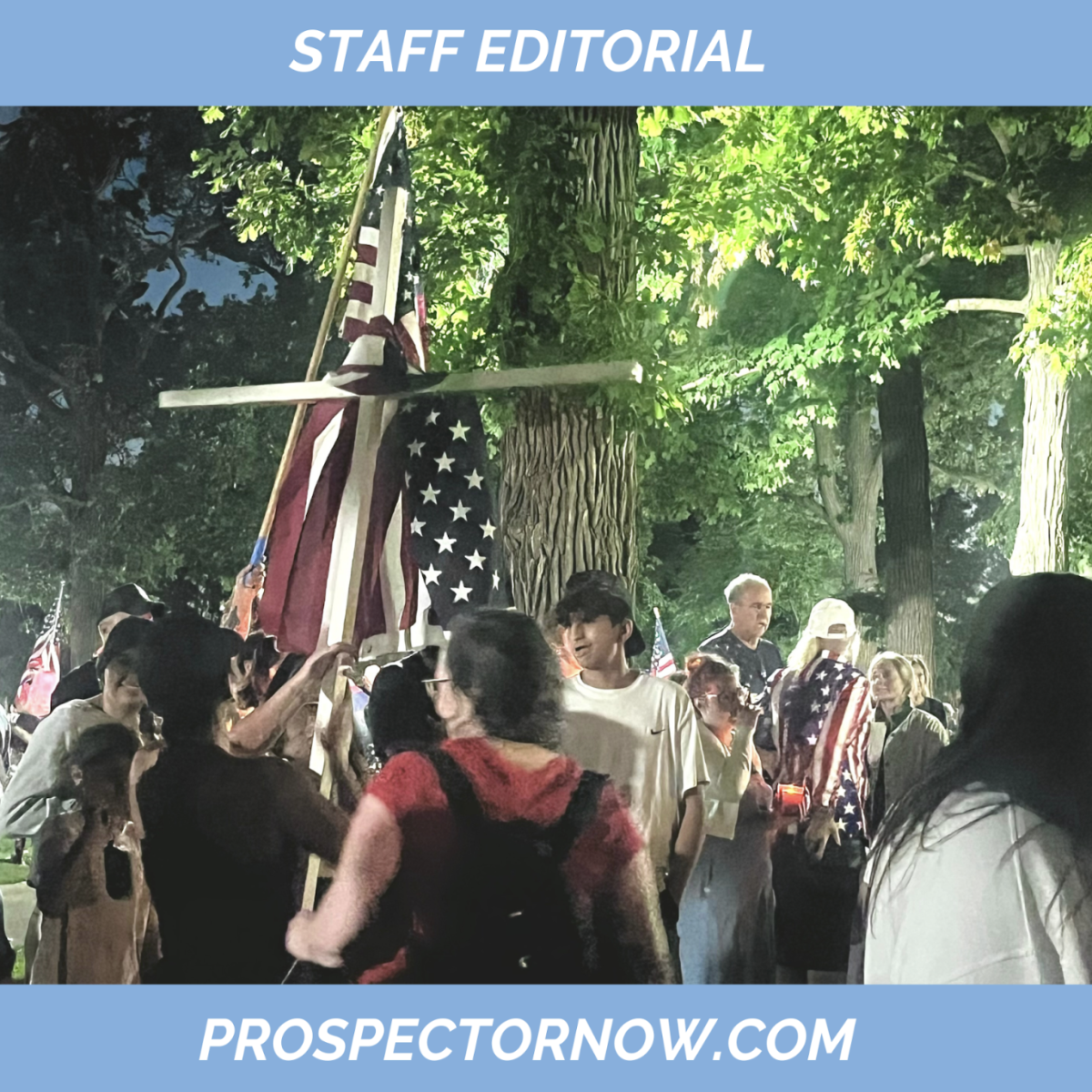We all know a Lester Bower. He was a well-educated man with a steady job. He had a wife, and two children, and no criminal record. Bower cared for his family and friends, leading a quiet, productive life. Most notably, he was seeking to buy a plane. An ultra-light plane, to be specific, bought from a building contractor and the three men accompanying him.
Trouble began when the four men who Bower purchased his plane from turned up dead.
It was discovered on October 8th, 1983, that all four men had been shot execution style and left at an airplane hangar in Texas. When first questioned by state prosecutors, Bower denied having ever been at that location, for fear of causing his wife distress. Eventually he admitted to meeting the victims, but claimed they were still alive after the purchase.
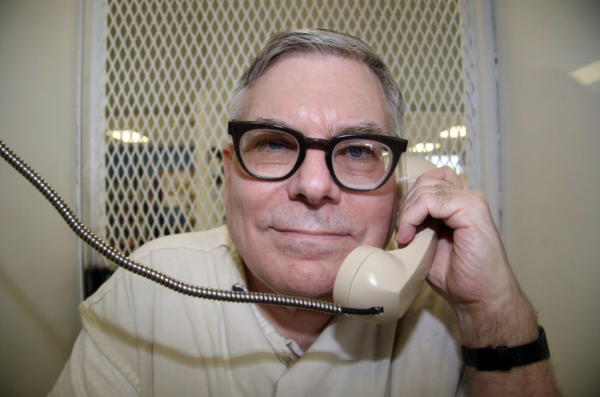
Much of the prosecution’s case against him rested on the ammunition found in the hangar also being found in Bower’s home, which they falsely insisted only a few people in the state had access to. Despite no DNA evidence, no witnesses, and no weapons ever being recovered, Bower was sentenced to death in 1984.
For three decades, he waited for his execution. In that time, his legal team worked desperately to clear his name. Despite a growing body of evidence in his favor, Bower’s appeals for a retrial were continuously denied.
He received seven different execution dates over his 31 years on death row. State attorneys blame Bower for the length of his punishment, saying that he should have just let the execution proceed instead of trying to litigate it.
In his final statement, Bower told his family and friends that, “I have fought the good fight; I held my faith. I am not going to say goodbye, I will simply say, until we meet again. I love you very, very much.”
The execution took place on June 3rd, 2015, just over a decade ago.
Although it’s impossible to prove a dead man innocent, the evidence against Bower was hardly enough to sentence him to death. He didn’t even have a criminal record. It’s hard for me to believe a middle-aged family man could execute four other grown men, without leaving even a trace of evidence.
More importantly though, I don’t think his is a fate anyone deserves, regardless of their culpability.
The podcaster Charlie Kirk was recently shot and killed in broad daylight, sparking outrage across the US. The person being accused of Kirk’s murder is Tyler Robinson, and the internet has erupted with various responses – a particularly vocal one is calling for Robinson’s execution. The crime did take place in Utah, a state that still uses capital punishment.
Randy Fine, a Republican Representative for Florida, wrote on X that “The assassin who took out [Kirk] should be put in front of a firing squad for the entire world to see.”
It’s a simple “eye for an eye” ideology, but a powerful one.
Unlike in Bower’s case, there is increasing evidence against Robinson, who surrendered himself to the authorities. Not all killers are sentenced to death, though, so why is it being considered in Robinson’s case?
“What factors into this is [Kirk’s political views] being so conservative,” says Jay Heilman, a law and psychology teacher at Prospect,. “and [with the assassination happening] in a state that is also super conservative… because our country is so polarized, people have felt like they’re being pulled into a more extreme direction.”
Unsurprisingly, any high profile crime is going to bring out extreme ideologies in people, simply because so many different views are being publicized. It can be exceedingly difficult to bring any colorful perspectives to a situation people have made to be black or white.
A similar case is Luigi Mangione’s killing of UnitedHealthcare CEO Brian Thompson. Mangione has also been considered for the death penalty, something that Executive Director of the Death Penalty Information Center, Robin Maher, is concerned by.
“[The prosecution’s references to Trump’s agenda], in combination with the unusual timing in this case, suggests that the death penalty is being used here to achieve some sort of political purpose,” Maher told OPB News.
Heilman says “[With] high profile victims, like Charlie Kirk and [Brian Thompson], I think… sometimes our prosecutors [and] our government want to send a message: This will not be tolerated,”
That’s a power I don’t want my government to have.
Regardless of your opinions on Kirk or Thompson, their killers should not be met with more death. The concept of a trial for your life being influenced by political factors should terrify any sane person.
Simply put, the government can’t abuse the death penalty if we don’t give them that power in the first place.
I understand why people still vouch for it — some crimes are truly heinous. However, it’s not the role of the government to play God: to decide what crimes constitute death and which victims are deemed worthy enough to have their perpetrators killed in their honor.
That is what it’s really about: honor. More killing won’t give a mother her son back. More killing won’t fill the holes left in communities riddled with violence. More killing isn’t justice.
In fact, capital punishment is actually more expensive than life in prison. According to Equal Justice USA, many states have found that death penalty cases can be ten times more expensive than regular ones.
An execution is nothing more than a mutilated act of tribute, a form of saying, “this won’t happen again” when it continuously does. It leaches funds that could better contribute to hard working citizens, and punishes the living more than the damned.
According to Heilman, “The pendulum always swings,” said Heilman, “that’s how a lot of legislation goes, and that’s another part of what makes America great; we don’t have to be fixed in the way that we do things. As the times change, as our knowledge changes, so can our laws.”
Never miss important news: every Monday, get a preview of what’s going on this week at Prospect, and what went down last week. To sign up for the Knight Notes newsletter, click here.


